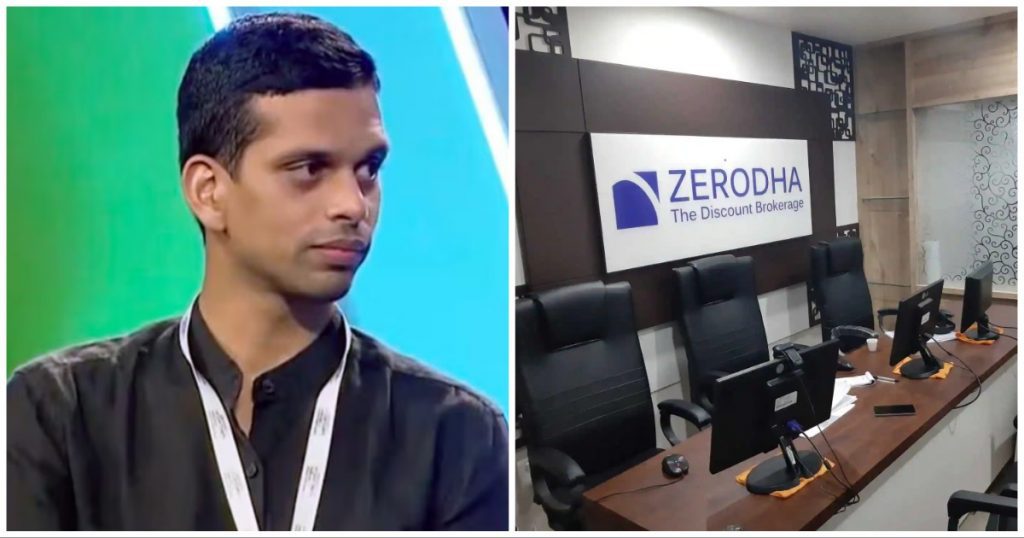Zerodha has already said that it that it wouldn’t lay off any employees because of adopting AI technologies, but it’s now revealed the scale of how big it thinks AI’s impact could be.
Zerodha CTO Kailash Nadh has said that 20 percent of Zerodha’s jobs could be made obsolete by language models like ChatGPT. Zerodha had recently announced a new policy under which it said it wouldn’t lay off any employees if their roles were automated with AI. The company says the decision came about after they tried using AI tools with their own workflows.

“It took us ~30 mins to integrate commoditized ChatGPT, see tangible benefits, and realize that more than 20% of jobs could be automated,” Zerodha CEO Nithin Kamath wrote on Twitter. “Now, imagine what more intelligent tools could lead to?” he added.
“We did an experimental GPT-4 integration at work,” explained Zerodha CTO Kailash Nadh. He said that integration was so simple that GPT-4 itself wrote the code to integrate itself into Zerodha’s workflows, and took only around 30 minutes to do so. And GPT-4 managed to immediately create value. “The results were instant and freakishly good with quantifiable benefits. It took little time to identify multiple processes and business functions that could benefit from the same tool. Right tool for the right job. It required no training, no academic R&D, and definitely no nonsensical “powered by AI / ML” marketing,” Nadh added.
“(GPT-4 is) a highly sophisticated, powerful, poorly understood blackbox system that is available as a commodity technology. One tool, simple natural language, for a large number of realworld use cases across business functions. Soon after, we figured that if were to push a bit harder, just LLM based automation could directly obsolete 20% or more jobs at Zerodha across departments in no time,” he added.
This sounds pretty dramatic, and is made even more remarkable by the fact that it comes from someone who was an AI skeptic until last year. Kailash Nadh had repeatedly said in interviews that Zerodha didn’t use any AI in its workflows. ” We were yet to find meaningful use cases within our organisation, even during the peak “(AI) transforms businesses” hype cycle,” Nadh says.
But things have changed overnight for Zerodha, to an extent that it now believes that 20 percent of its entire workforce — which amounts to an estimated 200 employees — can be replaced overnight. Zerodha isn’t the only company that’s discovering that human employees can now be replaced with AI — IBM has recently said that it believed that AI could replace 7,800 jobs within the company, and had stopped hiring for its roles. Most companies haven’t yet commented on how they foresee AI impacting their jobs, but initial indications, from sources as varied as an Indian broking tech startup to an American IT behemoth, show that AI appears set to completely upend the job market in the coming years.
